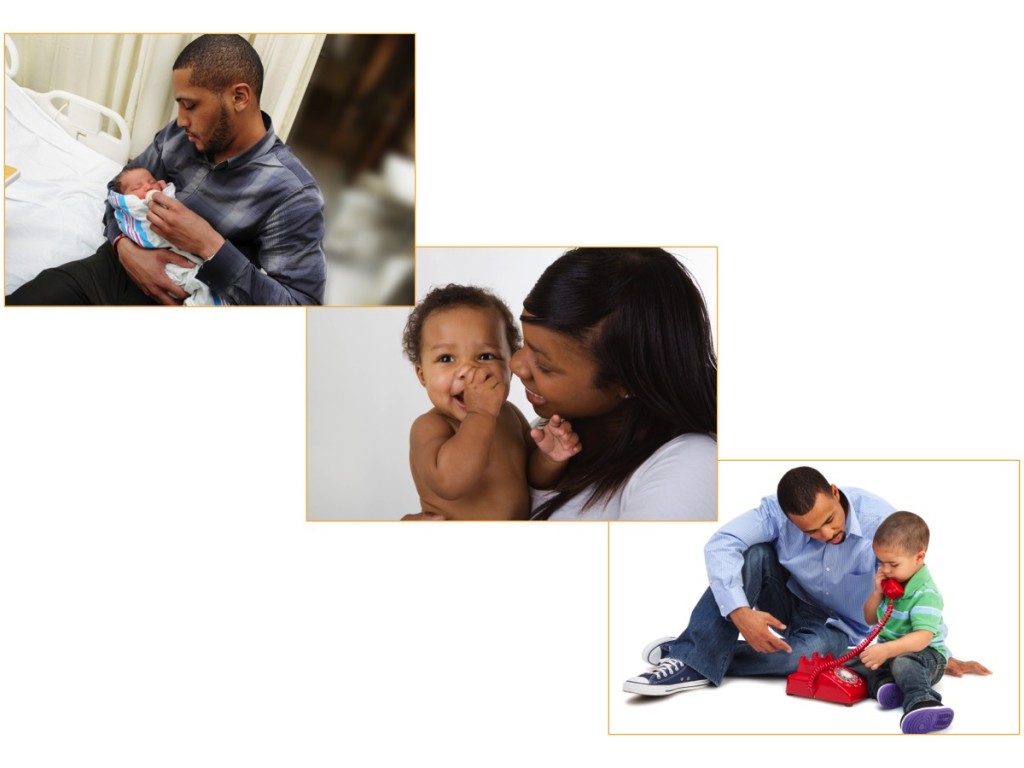
Meet Daniel. From cooing and babbling to first words and conversations, Daniel will learn to speak at least one language fluently within the first three or four years of his life. Like Daniel, children around the world learn their native language rapidly and effortlessly. For decades, scientists have been struggling to explain why and how children are so good at learning language. The latest research tells us that children’s language learning begins very early. In fact, language learning begins in the womb, even before a child is born, and continues after birth. This early learning happens as infants are simply listening to language in their environment.
This module is the first on children’s basic language development. Here, we will review the most recent findings on how infants learn the sounds of language during their first year of life, before they speak their first words.
-
- Categorization
- grouping together the same sounds, and distinguishing them from other sounds
- Phoneme
- the smallest unit of speech (a sound)
- Sensitive period
- a time in development when the brain is especially ready to learn a skill
- Speech perception
- listening to speech
- Speech production
- speaking
- Statistical learning
- computing how likely it is that certain events (in this case sounds or syllables) occur compared to others